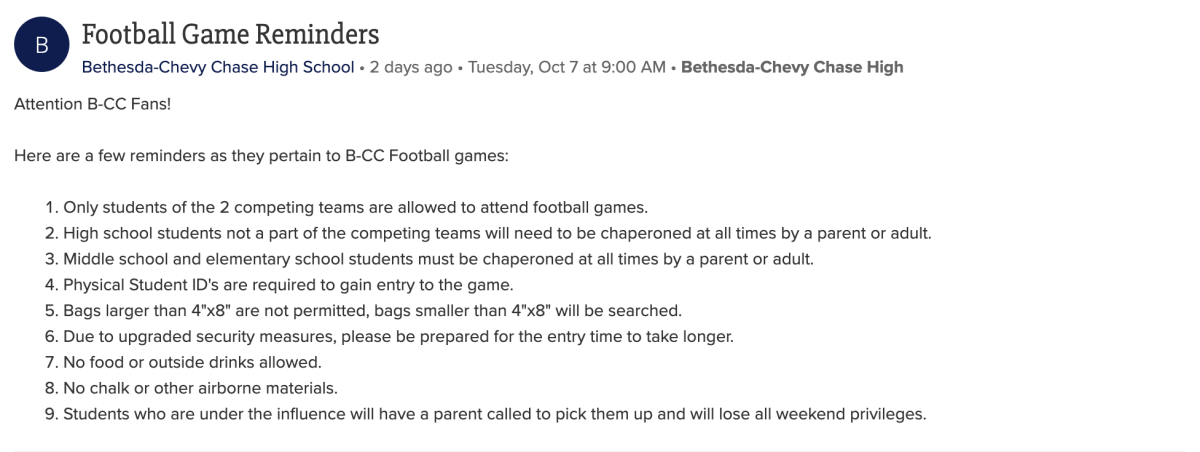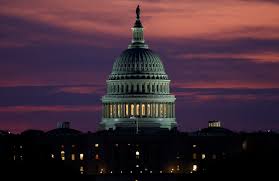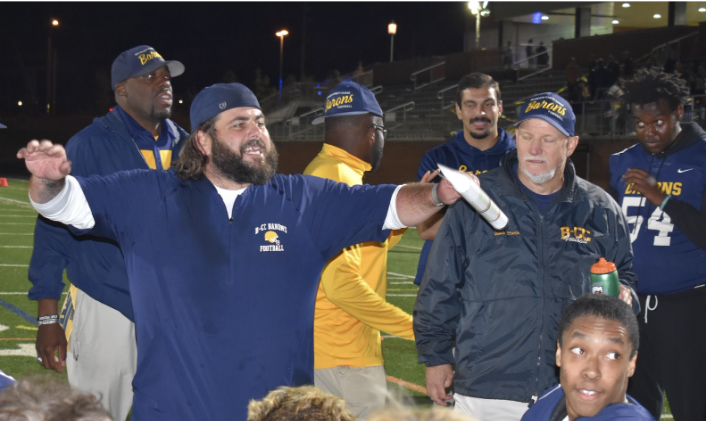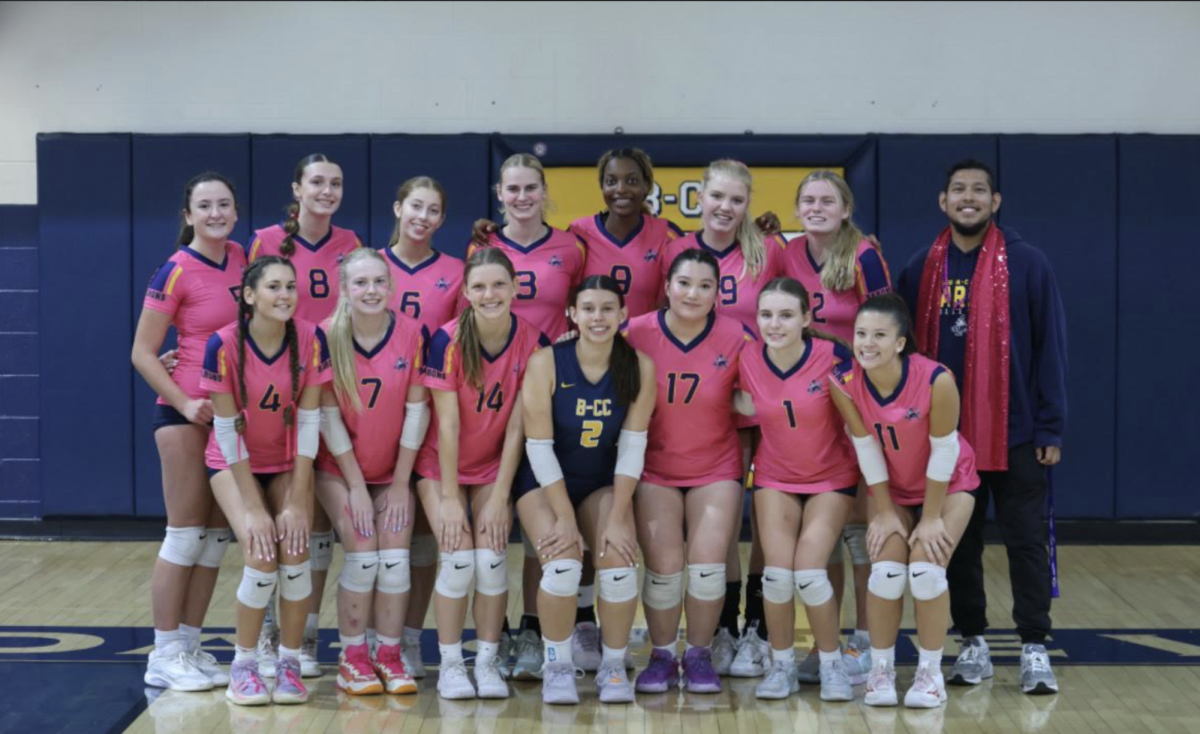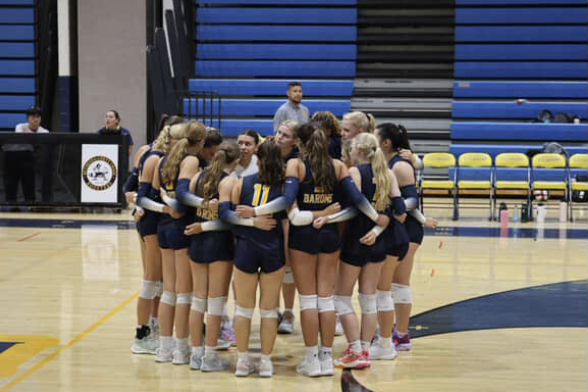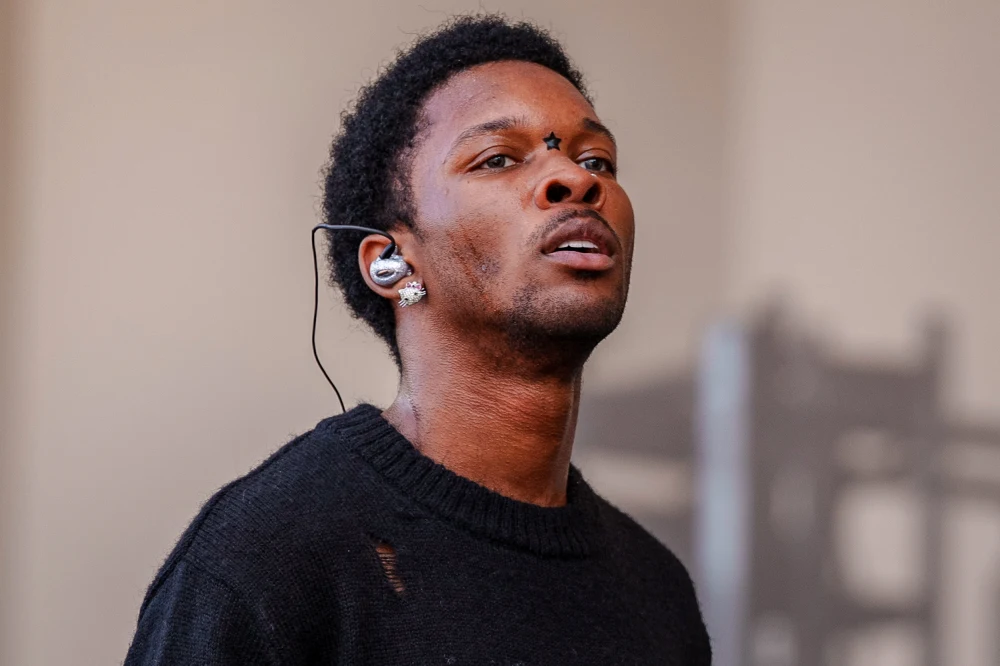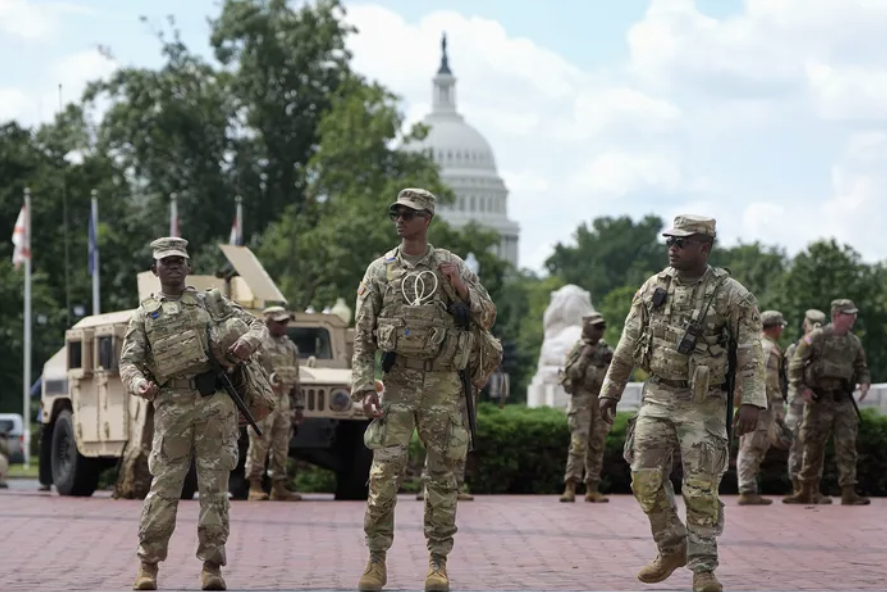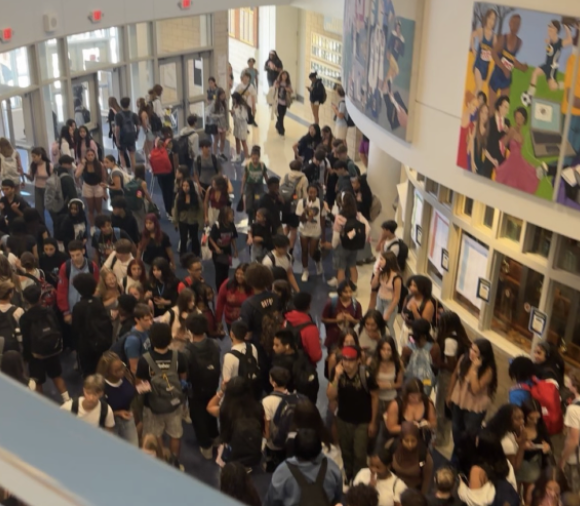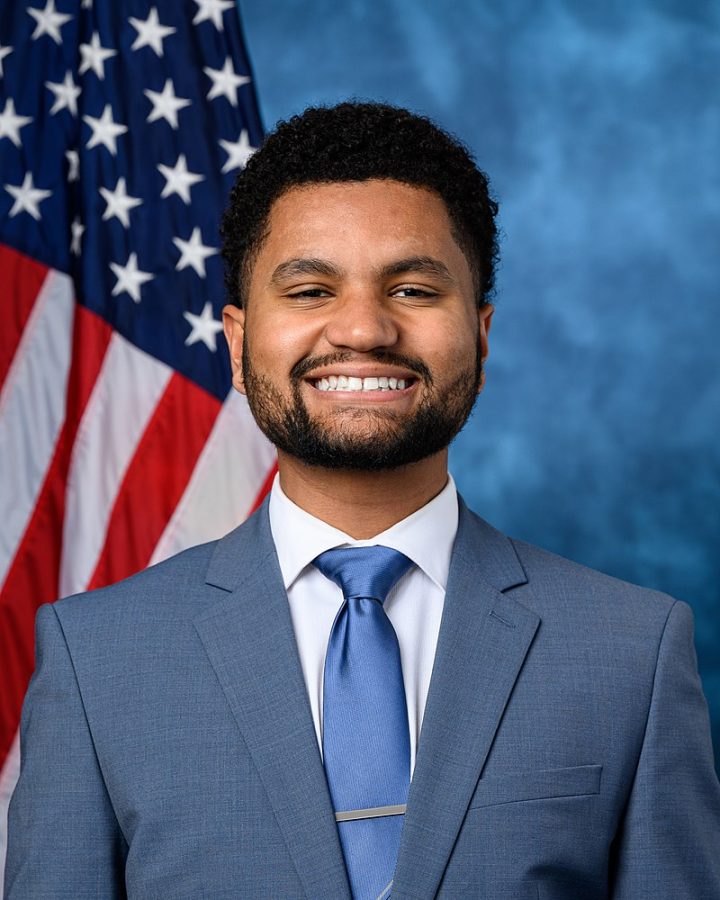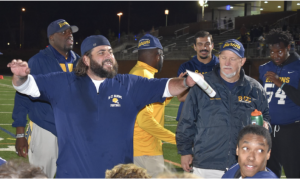Quiet- The Adults Are Talking
Youth continue to push into adult spaces, to make their voices heard.
March 30, 2023
Older people are not connected to the same world problems as youths are. For instance, issues like “Climate change [are] not…that scary to people who know that they’re not gonna be around much longer,” said junior Shirin Ghorbani. This causes an insecurity of the hands in which our future lies. These perceptions are based on statistical evidence. A Gallup analysis showed that 78% of Americans aged 18-29 were worried about global warming, while only 57% of Americans aged 50-64 were. The fact remains: those who are older do not have as much at stake in the future as do members of Gen Z.
However, these uninvested individuals are the very same ones who govern our republic. Ending on January 3, 2023, the 117th United States Congress is the oldest yet, with the average age of House Representatives at 58.3 and the average age of Senators at 63.9. Yet they still juggle the most prominent issues of the future, such as climate change, abortion, and healthcare.
Old people are narrow-minded,” admits Adin Eisler, an aspiring candidate for schoolwide president, adding, “We want young people so they can provide for the long term instead of old people to consider the short term.” Nevertheless, youth continue to push into adult spaces, to make their voices heard.
One organization pushing the envelope is Period at MoCo (Montgomery County) which has proposed legislation to advocate for period equity here in Montgomery County and continues to work towards this effort. But youth organizations are not naturally part of the political ecosystem, in many ways youth activists must carve out space for themselves to have a say. One of the co-presidents of this club, Eshal Ahmed, says, “we look for that space in terms of advocacy of…fighting for equality, for equity.” Period at MoCo’s other co-president, Wambui Ngugi, describes, “On the surface of the idea [of space], you have a lot of adults who…smile… [and] admire you. But when it comes down to finding this space and people… moving so you can have that… platform they’re really reluctant to [give you that space].”
This fact remains incredibly apparent to younger generations who feel that their leaders are not connected to them. And this effect has increasingly caused youth to become less invested, as 56% of youth surveyed by Harvard’s Institute for Policy feel that “politics today are no longer able to meet the challenges our country is facing.”
Bea Wincler, for instance, describes their feelings as going between “apathy and we’re the best and we’re so different from the other generations.” But it seems that their feelings are often weighed down by the political system in the U.S. “Change is hard to get done because of the way the government is structured. The Founders didn’t want a slight majority to rule other majorities,” Bea comments as they refer to the requirement of a supermajority in politics. Then furthering this realistic, but despairing, viewpoint is Erica Braun as she describes that “the system fairly lacks lobbying laws [which] allows for money to talk much more easily than it probably should, allowing for companies to have a chokehold on both political parties.” The struggle also remains for youth in politics due to a phenomenon Eshal Ahmed describes as inverted ageism. “Ageism is really prevalent in our society where we kinda just stick to solely Confucian ideals…. Like only respect the elderly… listen to them.”
However, hope remains as young voters’ increasing political participation has had tremendous impacts on recent politics, driving Democratic resistance to the recent anticipated “red wave.” In addition, youths have attended many more marches and demonstrations than in previous years. Even more importantly, youths have helped to elect 25-year-old Maxwell Frost to Congress. His story proved even more so that youth participation is on the rise, as he has been involved in politics for a decade: “I started organizing at 15 because I didn’t want to get shot at school,” he tweeted. There remains hope for the political future, but only if we prioritize youth participation in politics.
But if we as a society recognize our future presidents, vice presidents, and congresspeople as inheritors of our republic, there still may be hope to say, “listen, the youth is speaking.”



